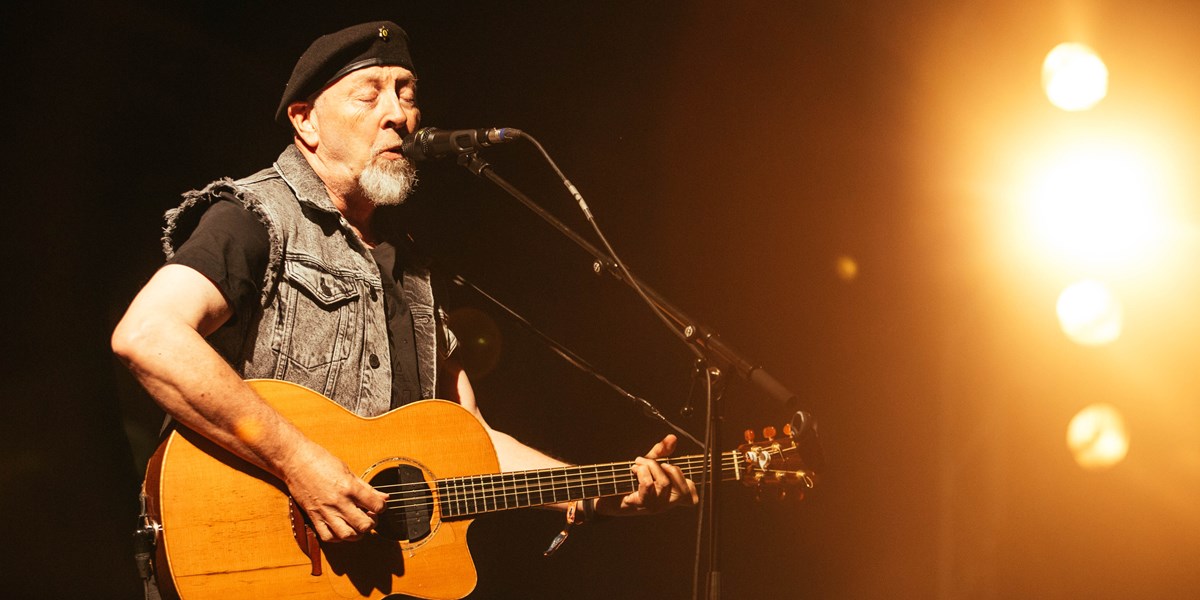Wednesday, August 28, 2019
Green Man Festival 2019 review
Martin Longley discovers the roots and shoots of the pagan-inspired gathering in the Black Mountains of Wales

Richard Thompson at Green Man Festival 2019 © Parri Thomas

Register now to continue reading

Thanks for visiting the Songlines website, your guide to an extraordinary world of music and culture. Sign up for a free account now to enjoy:
- Free access to 2 subscriber-only articles and album reviews every month
- Unlimited access to our news and awards pages
- Our regular email newsletters

